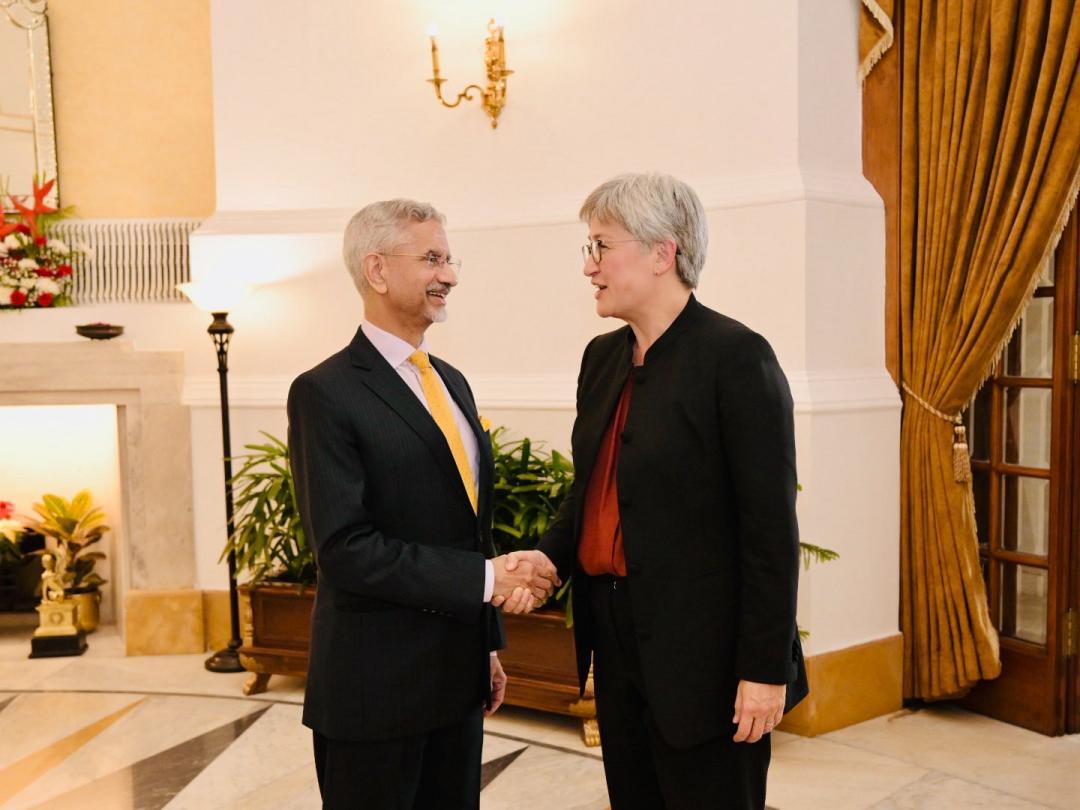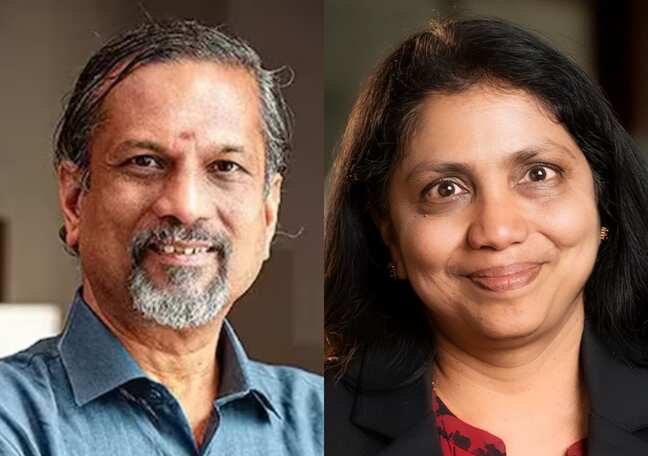
You’ve beaten us in both Men’s & Women’s Cricket,’ Australia leader jokes with Jaishankar
The world of cricket has long been a cornerstone of international relations, with the sport’s ability to transcend borders and cultures making it a unique platform for diplomatic interactions. Recently, Australia’s Foreign Minister Penny Wong met with India’s External Affairs Minister S Jaishankar, and their meeting was marked by a lighthearted joke that highlights the significance of cricket in the relationship between the two nations. As reported, Minister Wong jokingly remarked, “You’ve beaten us in both Men’s and Women’s Cricket,” during her meeting with Jaishankar, showcasing the camaraderie and sportsmanship that defines the Australia-India friendship.
This jest comes on the heels of significant victories by Indian cricket teams over their Australian counterparts. Notably, the Indian women’s cricket team made history by defeating Australia in the 2025 Women’s World Cup semifinal in October, a testament to the growing prowess of women’s cricket in India. Moreover, the Indian men’s team followed suit by winning the T20I series against Australia in November, further solidifying India’s position as a cricketing powerhouse. These victories have not only brought joy to cricket fans in India but have also served as a point of conversation and mutual respect between leaders of the two countries.
Minister Wong’s comment also underscores the frequency and warmth of her interactions with Minister Jaishankar. She noted that Jaishankar is the minister she has met most in her current role, indicating a strong diplomatic relationship between Australia and India. Such a high level of engagement between the foreign ministers of the two countries speaks to the strategic importance of the Australia-India partnership, which encompasses a wide range of areas including trade, defense, education, and, of course, sports.
The Australia-India relationship has been on an upward trajectory in recent years, with both countries recognizing the potential for mutual benefit through increased cooperation. The bilateral relationship is underpinned by shared values of democracy, a commitment to a rules-based international order, and a growing economic partnership. The friendship between the two nations is also reflected in the people-to-people ties, with a significant Indian diaspora community in Australia contributing to the cultural and economic fabric of the country.
In the realm of sports, particularly cricket, the rivalry between Australia and India is legendary, with both countries boasting passionate fan bases and highly competitive teams. The sportsmanship and respect displayed by players and officials from both sides have been exemplary, reflecting the positive and respectful nature of the broader Australia-India relationship. The fact that Minister Wong would jokingly reference India’s cricket victories in a diplomatic meeting highlights the unique place that cricket occupies in the cultural exchange between the two nations.
The meeting between Minister Wong and Minister Jaishankar, with its lighthearted reference to cricket, serves as a reminder of the multifaceted nature of international relations. Beyond the formal discussions on policy and cooperation, personal connections and shared interests, such as sports, play a crucial role in fostering goodwill and understanding between nations. As Australia and India continue to navigate the complexities of the global landscape, the positive and humorous exchange between their foreign ministers offers a glimpse into the warm and cooperative spirit that underpins their bilateral relationship.
In conclusion, the joke made by Australia’s Foreign Minister Penny Wong about India’s victories in both men’s and women’s cricket during her meeting with S Jaishankar reflects the friendly and competitive spirit of the Australia-India relationship. It also highlights the significant role that cricket plays as a cultural ambassador between the two countries, symbolizing the mutual respect, sportsmanship, and camaraderie that define their interactions. As the world looks towards the future, such lighthearted moments in diplomacy serve as a reminder of the power of sports and cultural exchange to bring nations together in a spirit of friendship and cooperation.






